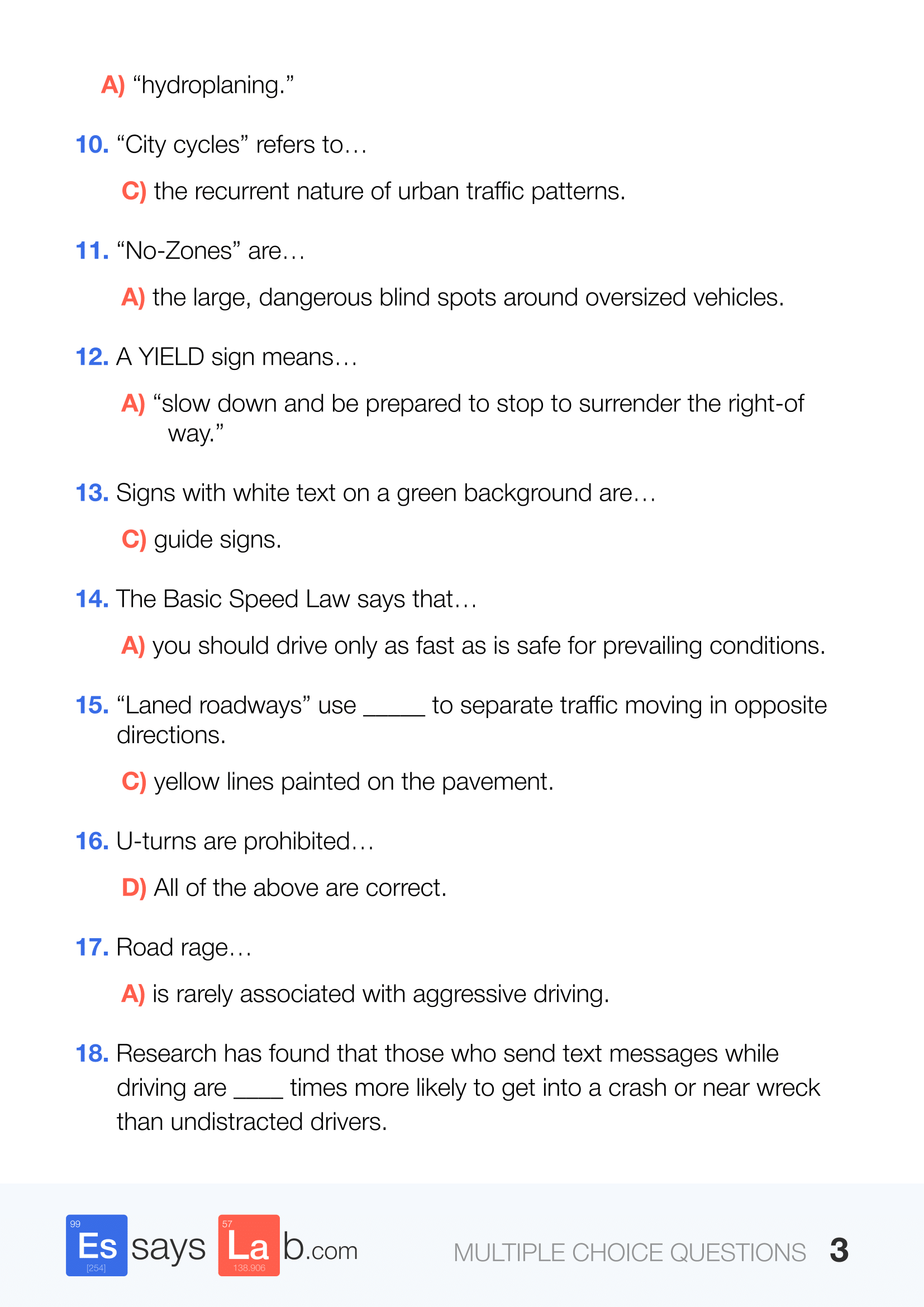Multiple choice questions are a popular type of assessment tool used in education and testing. They consist of a question or statement followed by a list of possible answers, of which the test-taker must select the correct one. This format is widely used in exams, quizzes, and surveys due to its efficiency and ease of grading.
Multiple choice questions are designed to test the knowledge, understanding, and reasoning abilities of the test-taker. They are often used to assess a wide range of subjects and topics, from mathematics and science to literature and history. The format allows for a variety of question types, including true/false statements, multiple correct answers, and matching exercises.
The Importance of Multiple Choice Questions
One of the key benefits of multiple choice questions is their ability to efficiently assess a large number of students or participants in a short amount of time. They are easy to administer and can be automatically scored using answer sheets or online platforms. This makes them ideal for standardized tests and large-scale assessments.
Another advantage of multiple choice questions is their objectivity. Since the correct answer is predetermined by the test creator, there is less room for subjective interpretation or bias in grading. This ensures a fair and consistent evaluation of all test-takers, regardless of the examiner’s personal opinions or preferences.
Multiple choice questions also provide valuable feedback to both the test-taker and the instructor. By analyzing the answer choices and patterns of responses, educators can identify areas of strength and weakness in a student’s knowledge and tailor their teaching strategies accordingly. This data-driven approach helps improve learning outcomes and student performance.
In conclusion, multiple choice questions are a versatile and effective tool for assessing knowledge and skills in various educational settings. They offer a convenient way to evaluate large groups of individuals quickly and objectively, while providing valuable insights for both students and instructors. By incorporating multiple choice questions into assessments, educators can promote critical thinking, analytical reasoning, and academic success.
